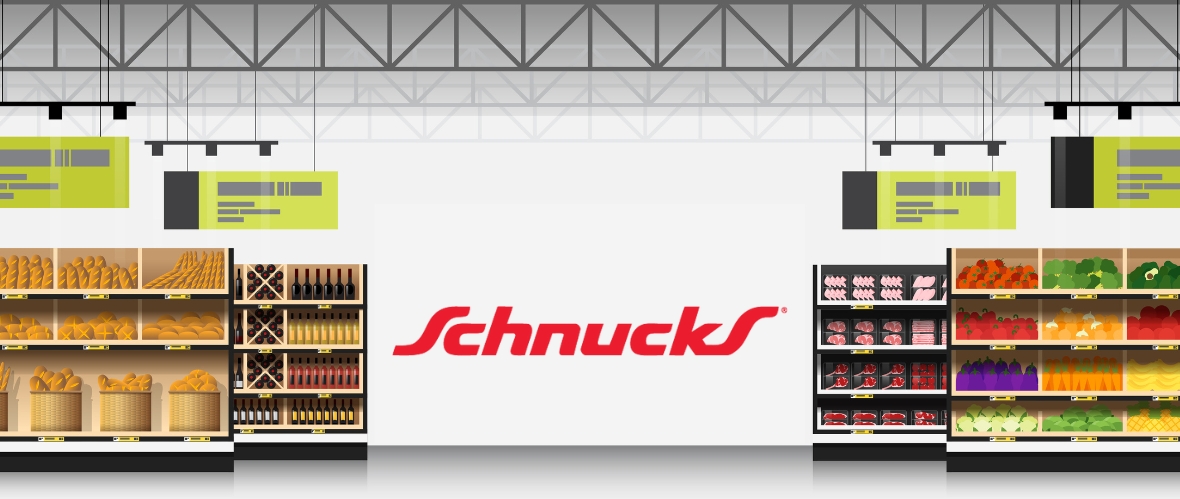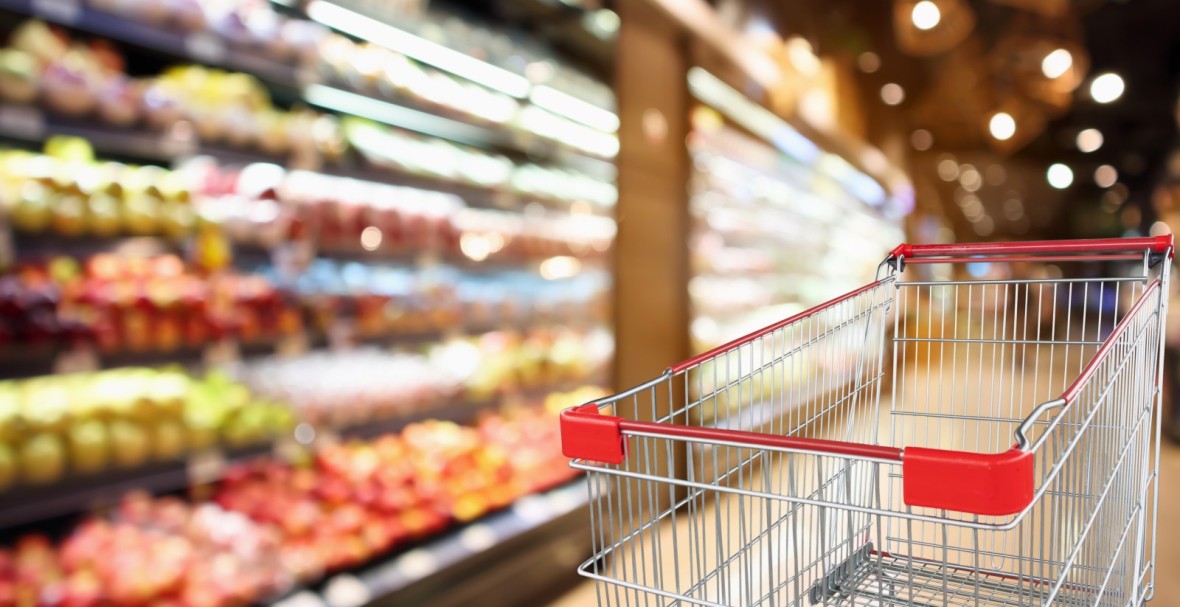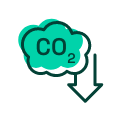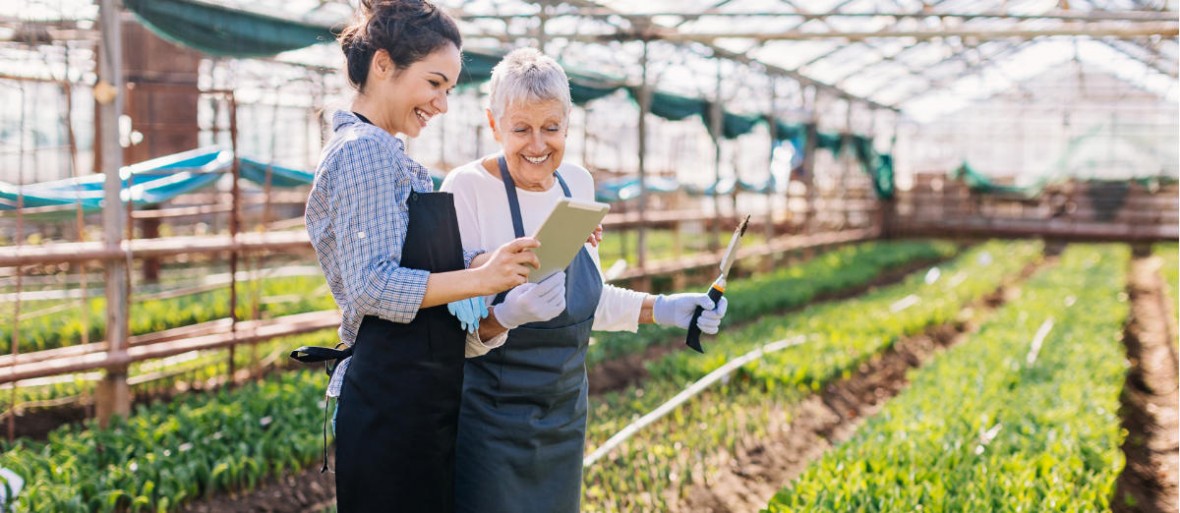For the family-owned retailer Schnuck Markets, Inc., providing a great customer experience is everything. "There’s a good reason why our customers are loyal," explains Mike Tipton, Vice President of Produce & Floral at Schnuck Markets, Inc. "We put our customers first. Our commitment includes offering affordable, high-quality and nutritious food in an even more sustainable way."
This ambitious goal brought Schnucks, now one of the largest privately-owned grocers in the US, to IFCO and led to a partnership that was focused on freeing up the teammates in the stores so they would be able to continue to prioritize providing the best service for customers across the American Midwest, where the retailer operates more than 100 stores in the states of Missouri, Illinois, Indiana and Wisconsin.
At the same time, IFCO supported the fresh produce and floral team to build sustainable solutions into their operations.
"As the pioneer in sustainable packaging solutions for fresh products, IFCO brought the expertise to the table that we needed to transform our operations in fresh produce with a focus on sustainability," notes Tipton. "And they did this in the most cost-efficient way without disrupting our day-to-day operations. By partnering with IFCO, we now have a cost-effective packaging solution that eliminates waste and supports our teammates. The IFCO innovative circular model secures sustainability wins, while helping us provide the freshest produce possible to our customers."












